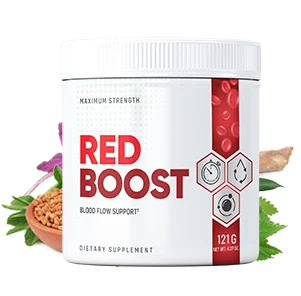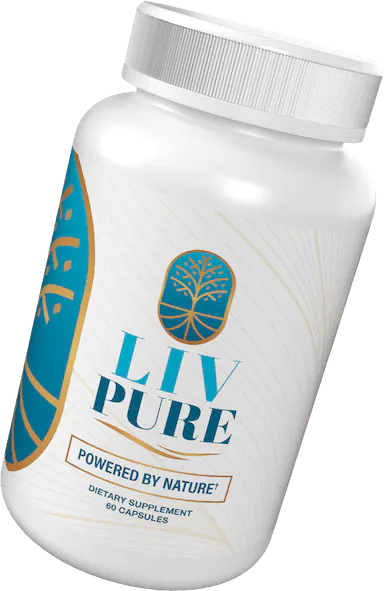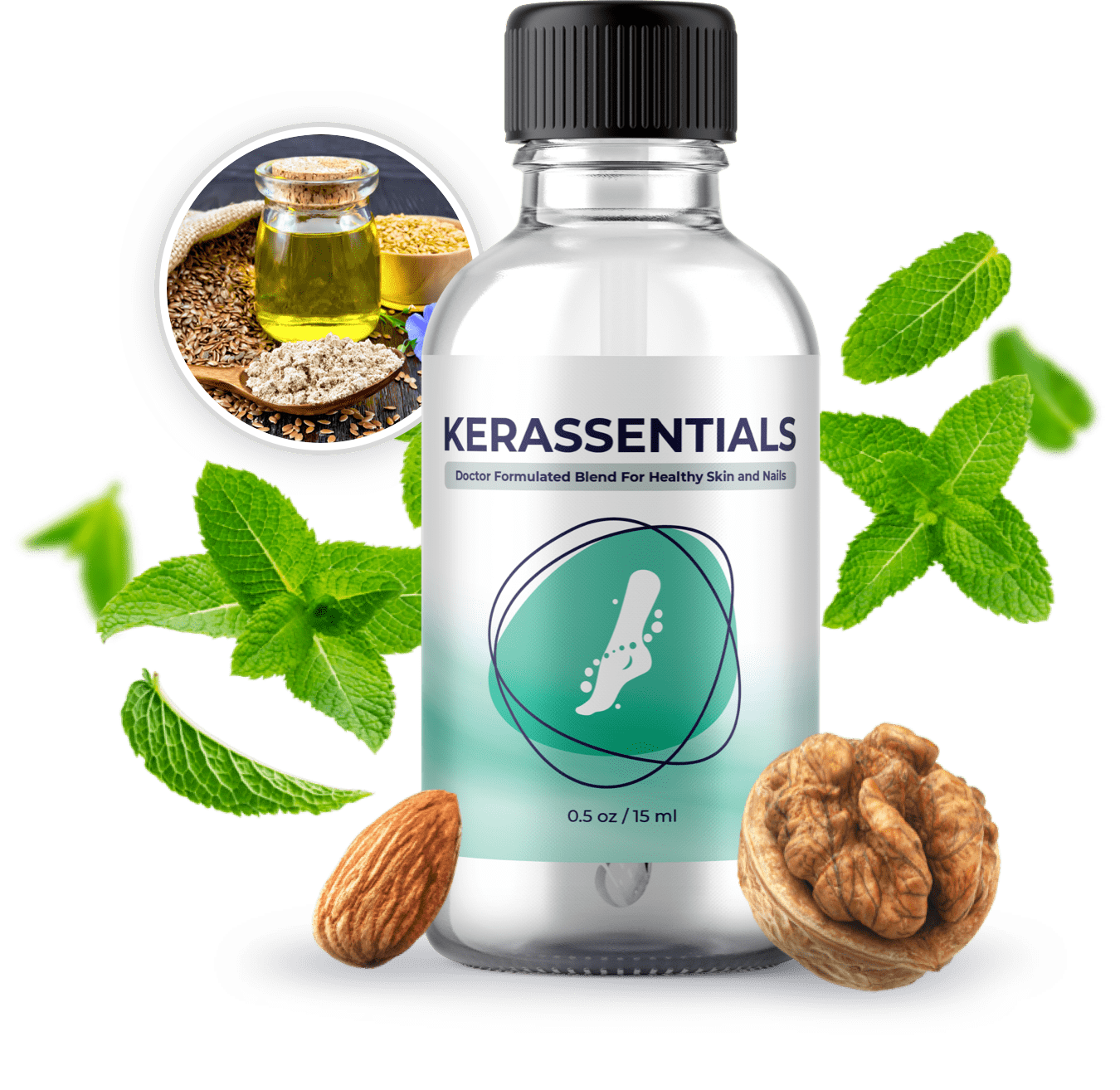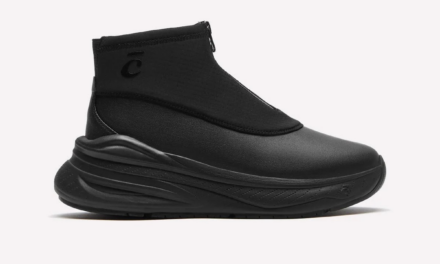You’re welcome.
Whether it’s goats, swings or paddle boards, it can seem like a new form of yoga debuts every week. But one version has found a foothold in studios worldwide: yoga sculpt. With its heart-thumping classes, the workout riffs off traditional yoga practices while introducing tools like dumbbells to transform it into something entirely new.
“Yoga sculpt is typically a form of a yoga class that includes hand weights, cardio moves, and additional strength exercises built into the yoga sequence,” explains registered yoga teacher and personal trainer Samantha Deutchman, RYT-200, CPT, lead instructor at Y7 Studio in Austin.
Ahead, get the full scoop on yoga sculpt, how it’s different from traditional flows, what to expect in your first class, and more.
What is yoga sculpt?
Peek at your yoga studio’s schedule and you’ll quickly realize yoga can refer to a ton of practices and workouts. Some sessions might center on rejuvenation while others are all flow. Yoga sculpt takes after the latter—with a twist, sometimes literally.
As Deutchman said, yoga sculpt incorporates a range of moves, equipment, and exercises that level up the bodyweight movements and postures frequently in classic flows. (And yes, it still counts as yoga.)
“Yoga sculpt was created to integrate the more dynamic parts of traditional Vinyasa yoga with the high energy and HIIT components of group fitness classes. The foundation for every sculpt class is power yoga,” says Michelle Salvatore, vice president of operations and yoga at CorePower Yoga.
Yoga sculpt vs. traditional yoga: What’s the difference?
While yoga sculpt is informed by classic yoga practices, its function is entirely different. “Yoga sculpt focuses more on the cardiovascular systems and strength-building exercises than traditional yoga. We encourage students to maintain the mind-body-breath connection both in traditional yoga and in yoga sculpt, but the intensity increases when adding weight,” Deutchman says.
Similarly, sculpt classes at CorePower typically begin with warming up the body using flows influenced by traditional practices, followed by the weight and cardio series. “Our instructors lead the class through not only yoga postures, but also combinations using weights to target and engage the entire body,” Salvatore says.
In addition to new moves, tempo, typically with the help of music, is regularly used in yoga sculpt classes to emphasize certain phases of exercises. “Yoga sculpt is energetic with upbeat music to keep you moving. The class is designed to enhance your overall yoga practice,” says Tiffany Keyser, E-RYT 200, senior lead trainer and yoga teacher trainer at Hot 8 Yoga in Los Angeles. Both Deutchman and Salvatore echo that music is—pun intended—instrumental to a yoga sculpt class.
What are the benefits of yoga sculpt?
According to the experts, yoga sculpt can positively impact your mental and physical well-being. However, peer-reviewed studies specifically on yoga sculpt are lacking and require more dedicated analysis before any firm conclusions can—and should—be made. That said, there’s been plenty of research published on the benefits of traditional yoga for blood pressure, insomnia, and memory, among others.
But back to yoga sculpt. Physically, your body can enjoy a host of benefits from the workout like, strengthening your core, building lean muscle, boosting metabolism, increasing strength, building balance, and improving overall cardiovascular endurance,” Salvatore says.
With the added focus on strength training, a benefit for bone and joint health, practicing yoga sculpt can “build strong muscles, which helps to stabilize and support your bones and joints, keeping your body healthy and reducing injuries,” Keyser says.
As the experts mentioned earlier, yoga sculpt can also foster growth for your other yoga practices, too. “This style can help you focus on strengthening a target area of your body that you may want to strengthen. For example, shoulder and arm strength training to improve your Chaturangas,” Keyser says. For anyone looking to improve their mobility, yoga sculpt can help with that, too.
Yoga sculpt can also help shift your mindset, Salvatore says. For starters, it can help enhance mental clarity and focus, she says. “By engaging your body to perform compound movements, your mind must focus on the task at hand. Additionally, when we move, our bodies produce a whole host of feel-good chemicals,” like dopamine and endorphins.
Further, joining a group fitness class—not just yoga sculpt—has also shown to reduce stress. Take, for example, a small 2017 study published in the Journal of Osteopathic Medicine: The researchers found that medical students reported reduced stress after completing a 12-week group fitness regime.
Of course, if you’re dealing with more ongoing depression or anxiety, it’s important to check in with a licensed medical provider to help get to the root of what’s going on—and develop a customized plan to address it.
What to expect during your first class
Okay, so you’ve decided to try your first yoga sculpt class—congrats! Going to any first workout class can be daunting, and not without reason. There’s the unfamiliar to contest with, after all.
“Beginners should anticipate a challenging and unique blend of strength and yoga. The pace can be faster than a typical yoga class, but they can look forward to a fun and invigorating class that challenges both their body and mind,” Deutchman says.
As Salvatore mentioned earlier, yoga sculpt classes at CorePower Yoga begin with a series of flows to help you warm up. From there, the weight series starts, performed to the beat of music.
If you have a case of first-day jitters, consider getting to the studio a little early to chat with the instructor about what’s going to come up in class, and any relevant modifications you might need. “Take modifications that suit your body’s needs. Yoga teachers love to support you, so ask questions before or after class,” Keyser adds.
Sometimes it can be easy to feel like an outsider in a new workout class, no matter how in shape you are. “[CorePower Yoga instructors] are trained to work with all levels,” Salvatore says. “It’s important to remember that every single person you see in the studio started out as a beginner. We suggest light weights, but please know they’re optional. Listen to your body, take breaks as needed, and don’t try and do it all on the first day.” And, if you’re really not feeling it, there’s no shame in leaving early or continuing on your search for a workout class that better suits your needs. You do you.
How to add yoga sculpt to your weekly workout routine
Well, it depends—every person has different needs and goals. “Ask yourself, ‘What am I trying to achieve?’ Once you understand the objective, then you can design your routine,” Salvatore says. “To set yourself up for success when starting something new, you need small, achievable goals. Start slow and then see where your body takes you.”
Deutchman and Keyser both emphasize that yoga sculpt can be a tool in enhancing other forms of yoga (along with a range of other types of exercise), too. “We encourage students to utilize sculpt as a way to complement their yoga practice instead of replacing it,” Deutchman says.
And, on the flip side, your body might benefit from a rejuvenating yoga session if you really went for it in your last sculpt class. “Yoga sculpt is a great addition to your yoga practice to boost and build muscle strength. It’s beneficial to balance out more intense classes with additional yoga classes,” Keyser says.
The best moves to try at home
Below, check out some of Keyser’s go-to yoga sculpt moves you can do almost anywhere. All you need is a mat, a pair of light dumbbells, and a fun playlist to keep you moving.
If you’re just learning the postures, consider performing them first without the dumbbells to get the hang of the entire motion and make sure the appropriate muscles are activated. Then, play around with sets and reps. If your focus is endurance, as is often the case in yoga sculpt, try working toward being able to complete three sets of 15 reps each.
Not there yet? “It’s all about balance and feeling strong, not depleted. Find the balance that works for you, your mental and physical fitness goals,” Keyser says.
1. Crescent lunge (Ashta Chandrasana) with biceps curl
- Start standing with your feet hip-width apart, arms down at your sides, holding a dumbbell in each hand with your palms facing away from your body.
- Step your right leg forward, bending both your front and back legs to a 90-degree angle.
- Keeping your chest tall, bend both knees and drop toward the floor with control. Keep lowering until your back knee is about an inch off the ground (or as low as you can comfortably go).
- Push through your right foot to bring yourself back to the starting position.
- At the same time you return to standing, bend your elbows to bring your the weights up to your shoulders with control. Keep your elbows close to your ribs.
- Perform another lunge, extending your elbows back down to your sides at the same time.
- Repeat.
2. Chair pose (Utkatasana) with triceps kickback
- Stand tall with your feet and legs glued together, arms down at your sides, holding a dumbbell in each hand with your palms facing away in toward your body.
- Roll your shoulders down and back. Your shoulders, hips, and ankles should be stacked. Gaze forward.
- Keeping your legs glued together, sit back into your hips, bending your knees and lowering into as deep of a squat as comfortable.
- Bend forward at your waist, keeping a flat back while pulling your belly button in toward your spine and keeping your head down.
- Lift your arms up until your elbows form a 90-degree angle and your upper arms are parallel to the floor.
- Slowly extend your arms behind you while straightening your elbows and keeping your upper arms parallel to the floor.
- Bend your elbows again, then repeat this motion for the desired number of reps while maintaining a squat position.
3. Glute bridge with chest press
- Lie on your back with your knees bent and your feet flat on the floor, about hip-width apart. Your feet should be close enough to your hips that if you reach one hand at a time toward each heel, you could just touch it with your fingers.
- Hold a dumbbell in each hand at your chest with your palms facing away from your body.
- Tuck your tailbone slightly. Squeeze your glutes and core, then press your heels into the ground to drive your hips up toward the ceiling until you form a diagonal line from knees to hips to chest.
- At the same time, extend both arms up toward the ceiling.
- Squeeze your glutes at the top of the exercise and pause for a moment.
- Then slowly lower your hips back down to the floor and your arms back down to your chest.
- Repeat.
Recommended Story For You :

The alpine secret for healthy weight loss

The Most Potent Fast-Acting Formula For Incinerating Stubborn Fat

Real Cortexi Users Real Life‑Changing Results

This Cold Drink Might Trigger Your Prostate

Red Boost is a powerful new formula for boosting male sexual health.

Everything you eat or drink eventually reaches your liver for processing.

Brand New Probiotics Specially Designed For The Health Of Your Teeth And Gums

Empowering You to Take Control of Your Blood Sugar Health!

Scientists Finally Discover the Root Cause of Belly Fat and Unexplained Weight Gain






